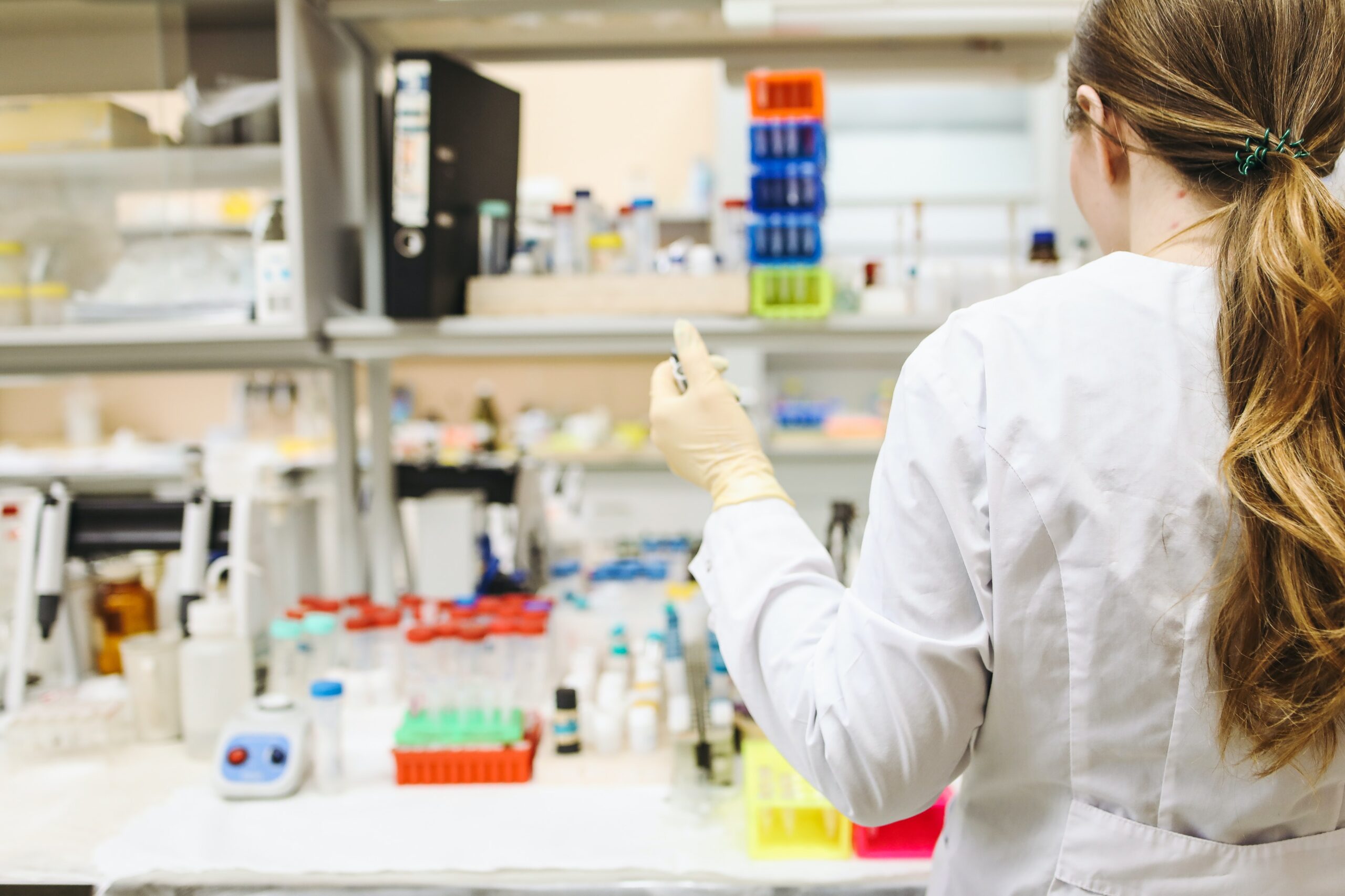What are the roles of a chemist in the pharma industry? We would like to thank Ing. Juan J. Santiago Olivares, ex-president of the Colegio de Químicos de Puerto Rico, and current vice president of RSJ Consulting Services, for accepting our invitation to discuss the qualities that a chemist needs in order to work in the pharmaceutical industry. We’ll be sharing some of the most important topics from our conversation!
Q. What type of professionals are working on the development of the COVID-19 vaccine?
A. “There are different professionals related directly and indirectly to the field of chemistry that are involved. I’m principally mentioning chemists because they are the ones who know about the components of a vaccine, how those components react, and how they behave when inside a human being. So how can we, Chemistry professionals, be involved in that process? A chemist makes the analysis for a product that was evaluated and manufactured by a chemical engineer in the manufacturing industry. The final product is then verified and certified by a licensed chemist who is a member of the Colegio de Químicos de Puerto Rico. This guarantees that it is a high-quality product”.

Q. Why is it crucial to have a chemist present during the development of medicines?
A. “In Puerto Rico, a law was created that required the Colegio de Químicos to be formed. It indicated that anyone who practiced the profession needed to have the license. What does this guarantee? That every single person who makes an analysis in the pharmaceutical or food industry certifies that a given product complies with the quality standards. This chemist then adds his or her “stamp” and certifies that this is a high-quality product, and so when it gets to consumers’ hands, it’s been adequately developed and evaluated. This is why it’s so important to have chemists in the industry”.
Q. What other functions can a chemist have in the pharmaceutical industry? Besides being in a laboratory…
A. “I’m glad you ask that question because a chemist’s job not only consists of working in a laboratory, even though it’s an essential part of it during his/her education. A chemist can not only work in manufacturing, specifically in the quality area, but can also be the person who, through continuing education, verifies documentation during a process. I mentioned the pharmaceutical industry, but I would say that they are also necessary in the food industry, because it is growing, and we need professionals of this caliber to develop quality products. In general, a chemist can be helpful in many different areas, like for example, environmental, pharmaceutical, treatment facilities, and others”.
Q. How do you see chemists’ future in the pharmaceutical industry here on the island?
A. “I see it as crucial and ascending. I also think there’s been a greater interest from high school and university students in terms of studying Chemistry, even if they finish their bachelor’s degree and end up working in Pharma or Medicine, there’s currently an effervescence. I firmly believe that there are additional tools that can add value to the profession, like for example statistical knowledge, and problem-solving skills. Google doesn’t solve everything. Technical writing skills are also very important. This doesn’t just mean being able to speak English, but also writing it correctly. There is a future for chemists, and there are many jobs, recruiters are looking for candidates with the skills I previously mentioned. This is why it’s essential to continue studying and having that never-ending desire to learn new things.
Watch our interview here!

